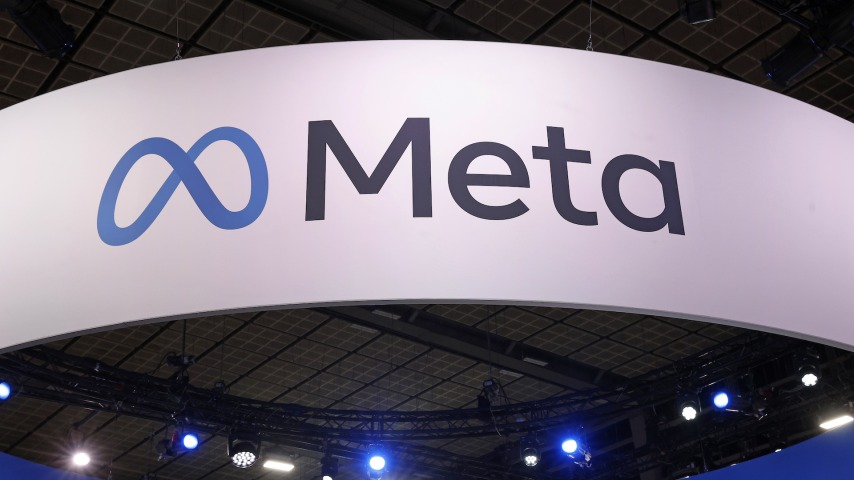France’s National Publishing Union has noted “numerous works” from its members in Meta’s data pool, the group’s president, Vincent Montagne, said in a joint statement. He also accused the company of “noncompliance with copyright and parasitism.”
A different group, the 700-strong National Union of Authors and Composers, wrote that the suit was necessary to protect its members from “AI which plunders their works and cultural heritage to train itself.” Francois Peyrony, the union’s president, also expressed concern that the technology “produces ‘fake books’ which compete with real books,” according to the outlet. The third group, the author-representing Societe des Gens de Lettres, is also advocating for the “complete removal” of training data created without authorization.
In February, media company Thomson Reuters won the first major copyright case against an AI company, in which they claimed that an AI-powered database created by a company called Ross had stolen materials from their own research database, Westlaw. Ross had cited fair use laws in their defense, but a judge determined that “there is nothing that Thomson Reuters created that Ross could not have created for itself… or hired LegalEase to create for it without infringing Thomson Reuters’s copyrights.”
Many of the cases above are still ongoing, but ABC News notes that under the European Union’s Artificial Intelligence Act, “generative AI systems must comply with the 27-nation bloc’s copyright law and be transparent about the material they used for training.” Precedents will continue to be set as these cases find their answers and new ones inevitably spring up.

